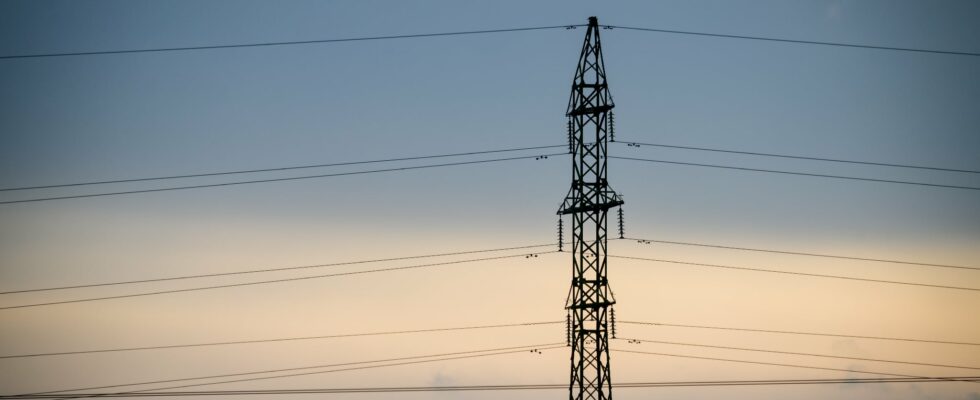It is a small revolution in the Baltic countries. Estonia, Latvia and Lithuania began their disconnection from the Russian electricity network this Saturday, February 8 in order to integrate the European system, a process launched years ago and became urgent since the invasion of Ukraine by Moscow .
The three Baltic countries, ancient Soviet republics, integrated into the European Union and NATO since 2004, have been cut off from the Russian network, to which they were connected since the time of the USSR, to prevent Moscow from making a weapon against them. “I can confirm that the disconnection process began at 6 am” (5 am, Paris time), said the spokesperson for the Lithuanian part of the Litgrid national electrical operator, Mata Noreika, at the ‘AFP. “We ignore Russia the possibility of using the electrical system as a geopolitical blackmail tool,” summed up the Minister of Lithuanian Energy Zygimantas Vaiciunas.
On X, the head of European diplomacy Kaja Kallas, former Estonian Prime Minister, praised “a victory for democracy”. Official celebrations are planned in the three countries. Latvia will physically cut this Saturday an electrical cable connecting it to Russia, and the president of the European Commission Ursula von der Leyen must participate in a ceremony with Baltic leaders this Sunday in Vilnius, Lithuania. “We are ready,” said Lithuanian Prime Minister GintaUtas Paluckas on X, praising “the start of a new era of () energy independence” of the three countries.
A connection via Poland
The process has taken many years due to many technological and financial problems and the need to diversify the supply in particular via in particular submarine cables.
But this change had become urgent after the Russian invasion of Ukraine in 2022, which woke up in the Balts the fear of being the next targeted by Moscow. The three countries have since stopped buying Russian gas and electricity, but their electrical networks have remained connected to Russia and Bélarus, the frequency regulation being controlled from Moscow. So they always depended on Russia for a stable, crucial flow of electricity for devices requiring a reliable power supply, especially in industrial processes.
Once the three Baltic countries have been disconnected from the Russian network, they will operate in “isolated mode” for about 24 hours to test the frequency of their network. “We must carry out tests to guarantee Europe the stability of our energy system,” said Rokas Masiulis, director of Litgrid, the public operator of the Lithuanian electricity network. Baltic states will then integrate the European network via Poland. Lithuanian and Polish officials will start the synchronization process around noon this Sunday.
The threat of Russian attacks
Baltic countries have also warned that problems could arise. “Various short -term risks are possible, such as kinetic operations (military) against critical infrastructure, cyber attacks and disinformation campaigns” led by Russia, judged the Department of Security of the Lithuanian State. Polish electric operator PSE has announced the sending of helicopters and drones to monitor connection with Lithuania.
President Latton Edgars Rinkevics estimated on the LTV1 public channel that the three countries, although “completely ready”, could not “exclude possible provocations”. In Estonia, the police and volunteers will be posted in essential electric infrastructure until next weekend, due to the risk of sabotage.
Several submarine telecommunications and energy cables have already been damaged in the Baltic Sea in recent months. Experts and politicians accused Russia of conducting a hybrid war, which Moscow denies. In total, 1.6 billion euros were invested in the three Baltic countries and in Poland in the synchronization project.
“People won’t feel anything”
Lithuanian president Gitanas Nareda, for his part, wanted to reassure. “People will feel nothing, whether on their bill or in terms of inconvenience,” he told the press. The Estonian climate ministry called on the population to live as usual. Because “the more your behavior will be usual and predictable […]the easier the management of the energy network. “
Following Baltic decoupling, the Kaliningrad Russian enclave energy system will now work in “island mode”, without connection to the network of continental Russia. Asked about this point, Kremlin spokesperson Dmitri Peskov said last week that Russia had “taken all the necessary measures to guarantee the reliable and uninterrupted functioning” of his unified energy system.
